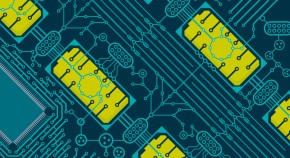Advertisement
-
-

Pathophysiological insights into HFpEF from studies of human cardiac tissue
The pathophysiology of heart failure with preserved ejection fraction (HFpEF) remains poorly understood. In this Review, Redfield and colleagues highlight the importance of studying human cardiac tissue in HFpEF, discuss sources, challenges and methods for studying human myocardial samples, summarize pathophysiological insights derived from studies of human myocardium in HFpEF and outline knowledge gaps to guide future research.
-
-














